The Ultimate Price
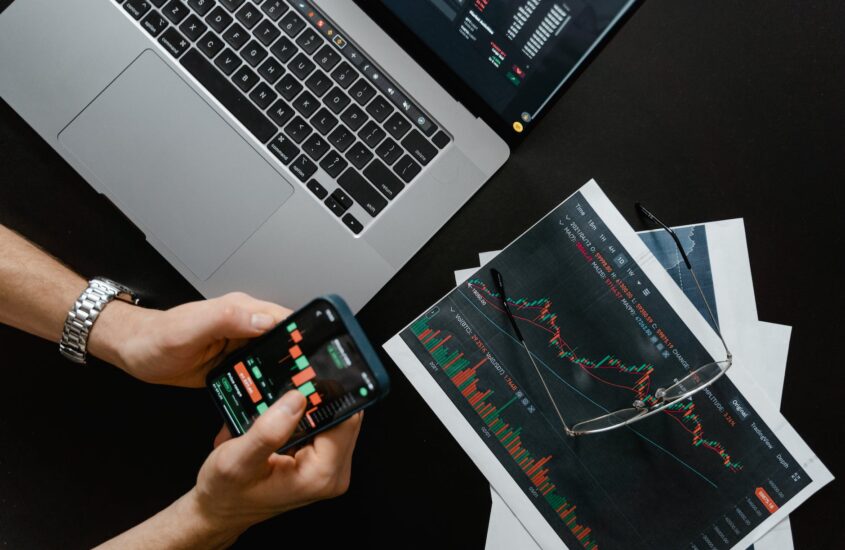
The Ultimate Price
This is the first New Moon of the New Year — it happens to also be a New Moon in the house of my Sun Sign, Aquarius. I feel especially compelled to embark on a voyage of change and personal betterment this year. In reviewing my progress on goals from the previous year, one item stood out clearly–my progress on time management and practicing digital minimalism.
The contemporary world demands much of us; our time, our physical and mental effort, our attention. Most especially our attention. As the technology we are able to carry with us throughout the day grows more portable and connected to the busy world around us, it can be challenging to disconnect even while resting. Scrolling social media before bedtime, reacting to every notification alert, clicking through to adverts for things you never knew you needed. The attention economy (a phrase coined by Nobel Laureate Herbert A. Simon) runs just like a wealth economy, but instead of investing your money, you are investing your time, love, and recognition. Since the advent of smartphones, the average American spends upwards of 4 hours per day using mobile apps, and checks their devices as often as 50 times per day! What would you do with an extra 4 hours?
We so often feel there is not enough time in the day to do what we want, and this is an easy excuse to engage in all those restorative goals listed above. The good news is, we are still able to choose where we “pay” attention. And, brainwave entrainment practices like meditation (including sound baths) can remind us what it feels like to hold a single or limited focus without the stimuli of screens. Like the reset we hope will come with the New Year. Continued practice can increase creativity and focus when and where we need it, such as that big project deadline at work.
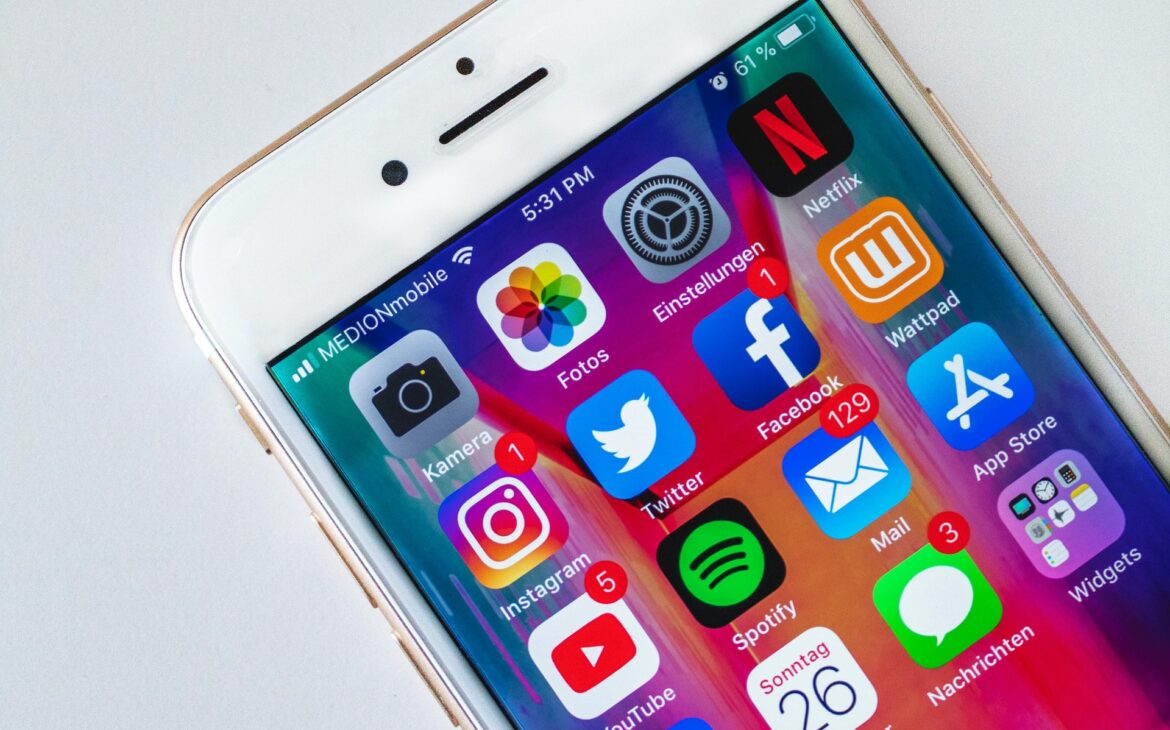
How do we do this? It may not come as a surprise to learn that mobile apps such as games and social media platforms are engineered to be addictive. Many of the developers of social media platforms have backgrounds in psychology and sociology and have designed the interfaces of their products to be addicting. In the realm of digital media, we are not only the customer, we are the product. This is how “free” companies make money, by monetizing us and our attention. This becomes even more problematic when attention is treated as a scarce resource, and the clamor for our time begins to lead to distortion in how we view the world. you may have felt this yourself, realizing that instead of filling a ten minute break between tasks with a check-in on Instagram or Facebook you’ve lost 30-60 minutes. Every click-through, “like,” or share draws us further and deeper in.
Wait…into what?
Is the digital world a real place? A curated world where we can become someone else, or otherwise edit who we would prefer to be perceived as by others? Every “like” becomes a vote of confidence for this constructed realm, every “follow” opening us up to another constructed reality as this other self gains in popularity and so and on. This may embolden our ego, or crush it. And the key to breaking the hold these realms have on our attention is to remember that they are not real. The world simply cannot fit within the bounds of a hand held screen.
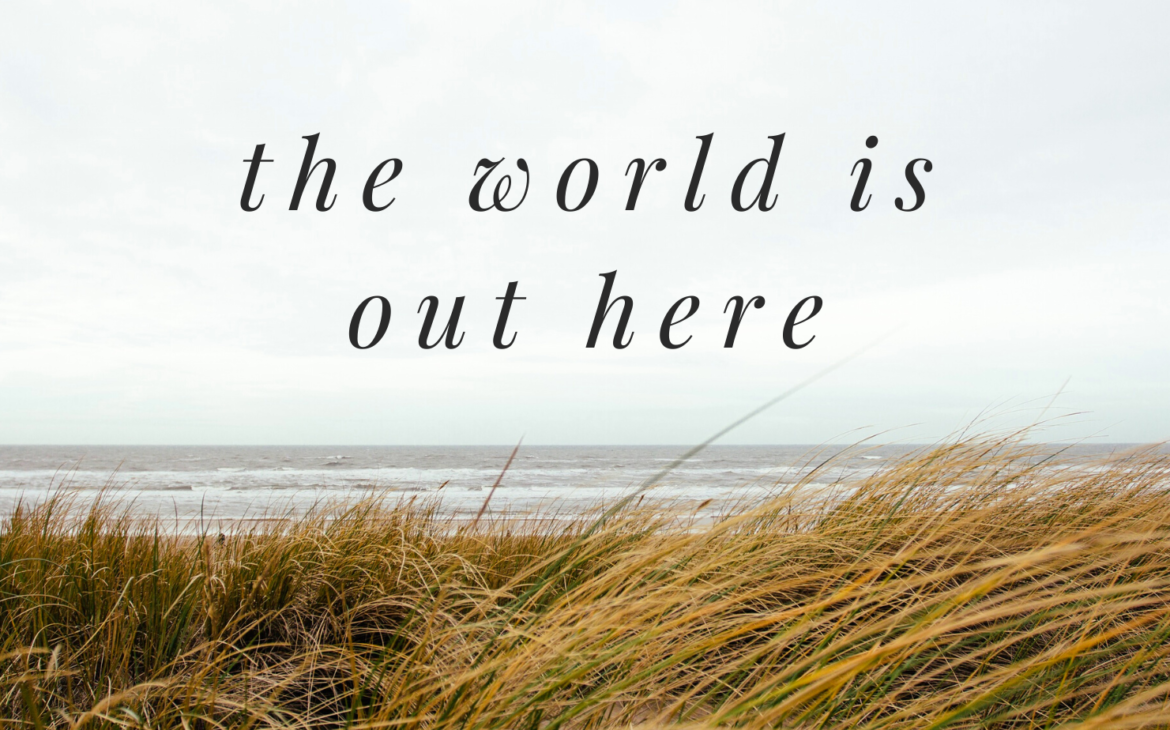
Over the last few years, I have loudly proclaimed my need for a social media hiatus, deleted apps from my smart phone, added timers to them on other hand-held devices, deleted accounts wholesale. As the proprietor of a small business, or as an employee of small businesses who each use social media to market themselves to new clients, this has continued to be challenging. But I have also felt the slow erosion of my attention from long, steady, focused and deep since the advent of the Internet in my life. I am not a digital native. I grew up in a home where television was restricted to 2-4 hours per week. I did not own a cell phone until 2005, and that came with great reluctance. I have a love/loathe relationship with social media and online groups–loving the moments when authentic connection happens, and loathing nearly everything else. Yes, I love being able to access the answer to a question in seconds. And I am sad at the loss of wonder about the answer to a question, the creative exploration of potentialities led by imagination. I decided to re-commit to these efforts in 2022, and I have had more success. I share what has helped me below.
Suggested Reading
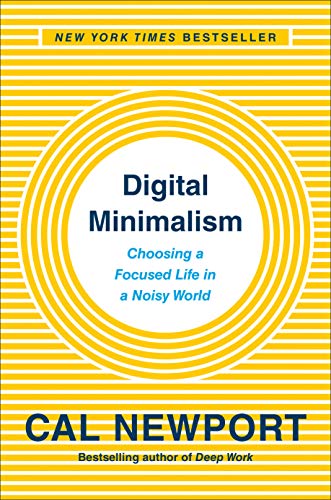
Digital Minimalism : Choosing a Focused Life in a Noisy World by Cal Newport
This was the first book to address the attention economy in a way that made the most sense to me. It was also my introduction to the term “quality leisure.” Think about what you would do with 2-4 extra hours a day. Consider the goals and resolutions you wish to attain and may never feel you have enough time for…learning a language or instrument, writing a novel, spending more time outdoors or gardening, cooking healthy meals to take to work for the week, etc. With time no longer a factor, we must address our commitment and discipline. Newport’s writing is accessible and neutral. There is no shame here. His level-headed approach gave me a perspective I couldn’t see, and a neutrality towards my behavior that was lacking before reading the book. I spent a week logging my time, seeing where I was distracted and how, and addressing these patterns. I also learned where the best time for deep focused work sits for me during the day, and in general I feel less distracted at work or during scheduled screen time. None of it feels restrictive, which is so often why digital detoxes fail, why resolutions fail–I no longer feel limited. I’ve replaced screen time with leisure activities I can see benefiting me. Jeg nå snakker norsk!
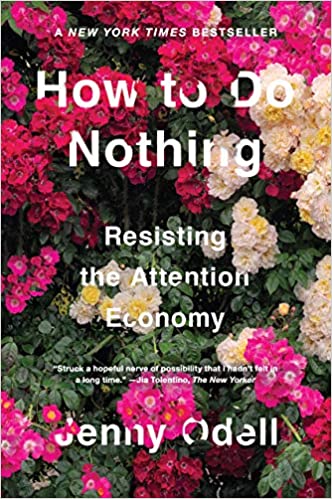
How to do Nothing : Resisting the Attention Economy by Jenny Odell
“An articulation of the right to do nothing in the age of everything.” — Jenny Odell
This idea of doing nothing seems radical in our work-a-day world. After the COVID pandemic, we hear the call of the old guard whining about people “not wanting to work” and “labor shortages.” This is simply not true. What people are seeing a scarcity of are employment opportunities that compensate at a living wage (which we received while on unemployment–I made more on “the dole” than I was making at three jobs cobbled together to make full-time hours!), or treat people, well, like fellow human beings. In my work as a sound therapist, the idea of choosing to take time to “do nothing” is the most prevalent obstacle. Giving ourselves permission to rest, to simply be outside of the expectations of work and the commercial world is often met with shame. We’re being lazy. We’re not being productive. And if we are these things then we are no longer of value. Is it any wonder we face the greatest level of burnout in American labor-force history? This has been a book I return to when I find myself wanting to buy something, find out why a certain author is in the news again, or go down the rabbit hole of some other “news” item that is gobbling up the attention of just about everyone. If it’s really important, news will make its way to me. Otherwise, it’s just bubbles in a soda pop culture.
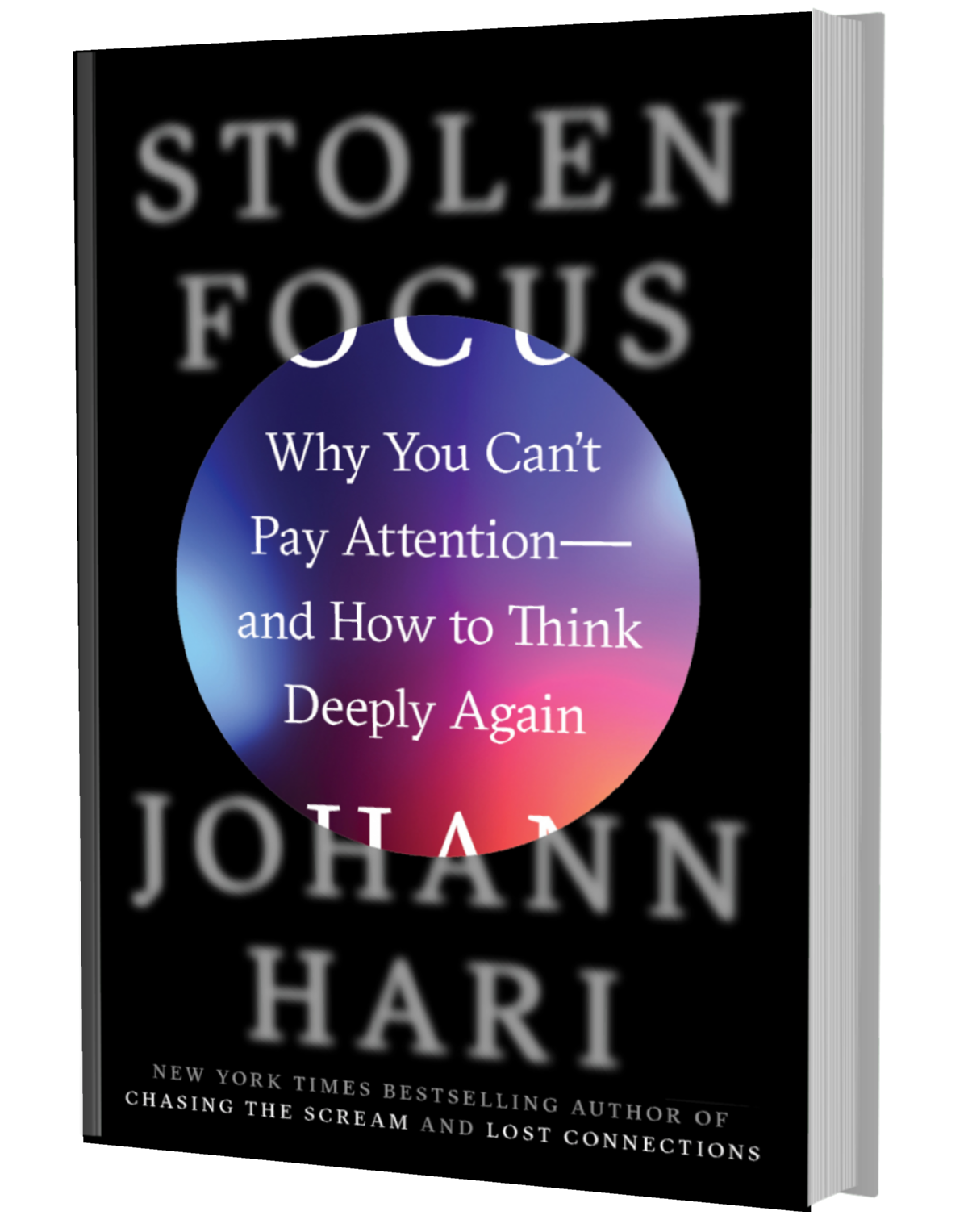
Stolen Focus : Why You Can’t Pay Attention–And How to Think Deeply Again by Johann Hari
Admittedly, this book is more charged than the other two–the title is a bit like click-bait in an of itself. I’m over halfway through reading it though, and I have found a few moments of sound concepts. Hari has written books about addiction and recovery, and there are some eerie similarities between the way certain substances stimulate areas of the brain and how our reward centers are activated by “likes” and other social media metrics. It’s not a stretch to see how both are means of escape from stress, anxiety and depression. Finding the root cause of our need to mask these tendencies in ourselves is the crux of this treatise.
As previously mentioned, kicking the habit of digital dependency is an ongoing process. These devices are tools first and foremost, and they are not going away. Neither am I advocating for pitching them out the window or becoming some kind of neo-Luddite. Perhaps, you are wondering what all my whining is about, as you already have found a healthy balance between the digital and non-digital world. Great! I’d love to hear how you do it, and maybe others reading this might benefit from it as well. The best thing about the Internet is how it connects otherwise disconnected communities around ideas, thoughts and purpose. Or, maybe you read this blog post and it helped you in some way. I’d love to hear about that, too.
Thank you for reading–this was a long one.
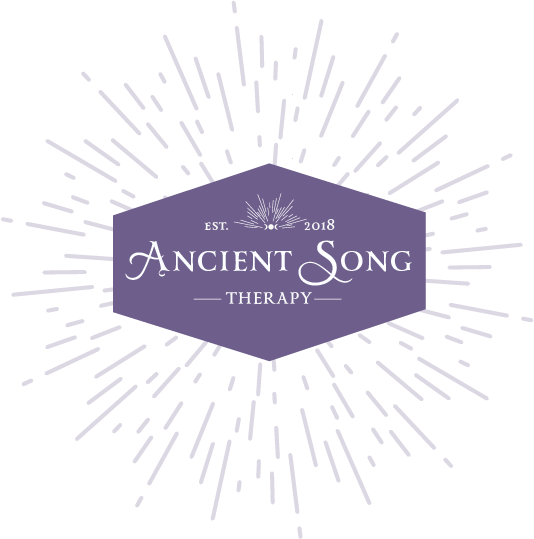


Frequencies